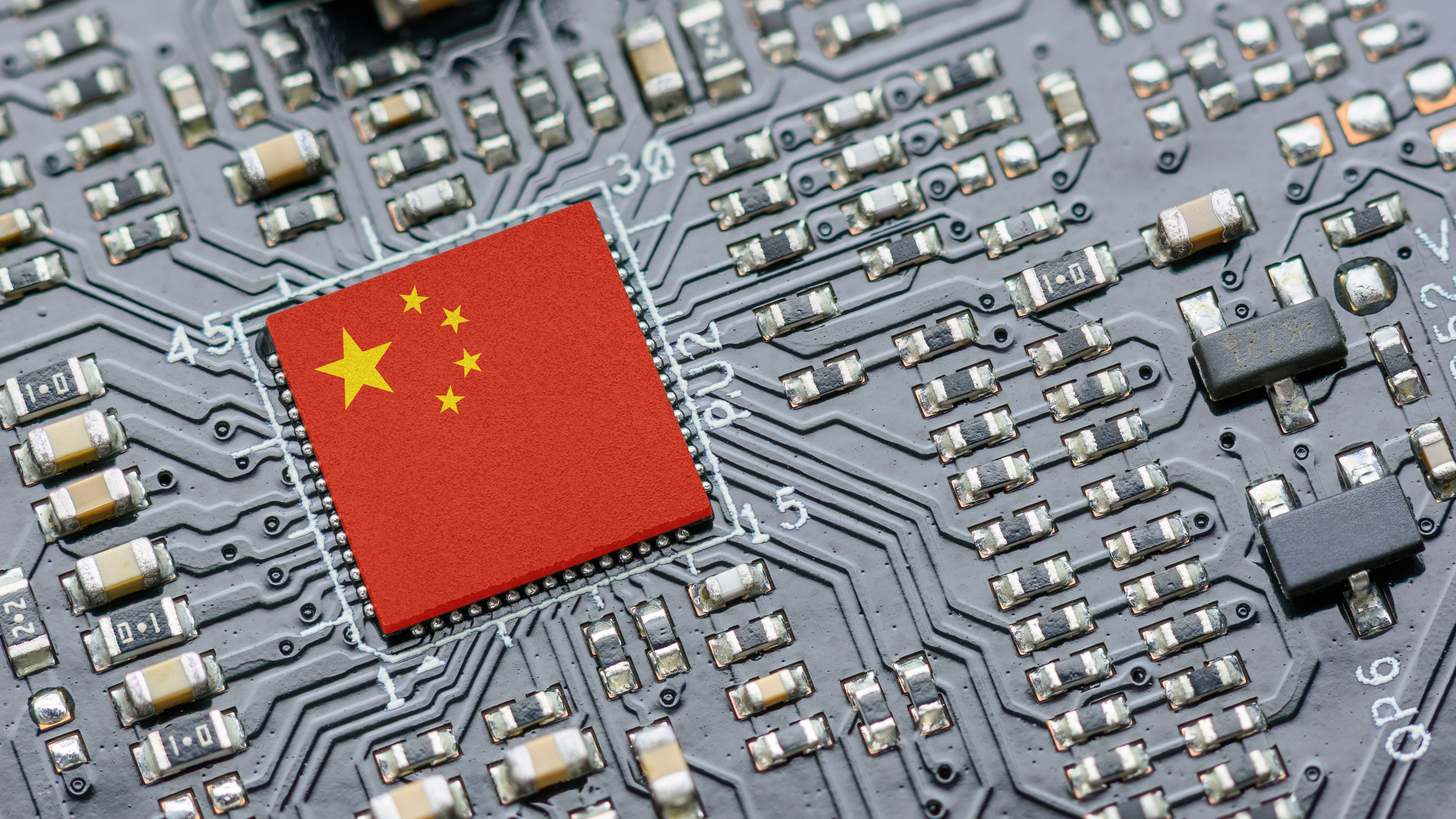USPS had ceased accepting parcels from China and Hong Kong late Tuesday, potentially affecting numerous PC parts — service was restored by early Wednesday
Cheap PC parts and peripherals might soon be a thing of the past.

The United States Postal Service (USPS) announced that it would suspend the acceptance of parcels from Hong Kong and China late Tuesday, February 4, 2024, only for the federal agency to retract its statement early the following day. According to CNN, the USPS suggested that the suspension was because of President Trump’s newly announced tariffs on China and other countries, alongside the cancelation of the ‘de minimis exemption’ — meaning parcels arriving into the U.S. worth less than $800 are no longer exempt from import duties and inspections.
This move will likely massively impact millions of cheap PC parts made in China and Hong Kong, meaning those wanting to build their workstations and gaming setups will have to pay more. It will also make shipments take far longer if the U.S. Customs and Border Protection (CBP) needs to inspect each arriving box.
CNN reports that at least four million sub-$800 packages arrive in the U.S. daily, and the CBP doesn’t have the personnel to inspect each one individually. At least half of these ‘di minimis exempted’ parcels come from China, and retailers based in East Asia and selling their goods to the U.S. would be the hardest hit.
However, the average American consumer would also be negatively affected. They would have to pay more to get their desired items, and shipments would likely take longer. If and when the USPS implements these changes, e-commerce platforms Shein and Temu will be the first to be affected. Still, many computer manufacturers and OEMs would also be gravely affected.
For example, some Apple products, including MacBooks and iPhones, are assembled in China, so if Apple can quickly move most of its manufacturing to its other production bases in Taiwan, Vietnam, and India, you can expect Apple to raise prices soon. While many of the advanced chips sold in the U.S. aren’t made in China, the devices that use them, like Lenovo and HP laptops, are often assembled there, so they’ll be impacted by the tariffs imposed by Trump.
The suspension might have given us some breathing room on these tariffs, but expect it to be temporary. The USPS said in a statement, “The USPS and Customs and Border Protection are working closely together to implement an efficient collection mechanism for the new China tariffs to ensure the least disruption to package delivery.”
So, once the USPS and CBP build an efficient system that allows them to quickly and easily apply import duties to every arriving parcel, expect nearly everything from China to cost more. Well, at least the delay shouldn’t be significant, but we won’t be sure until the system is in place.
Get Tom's Hardware's best news and in-depth reviews, straight to your inbox.

Jowi Morales is a tech enthusiast with years of experience working in the industry. He’s been writing with several tech publications since 2021, where he’s been interested in tech hardware and consumer electronics.